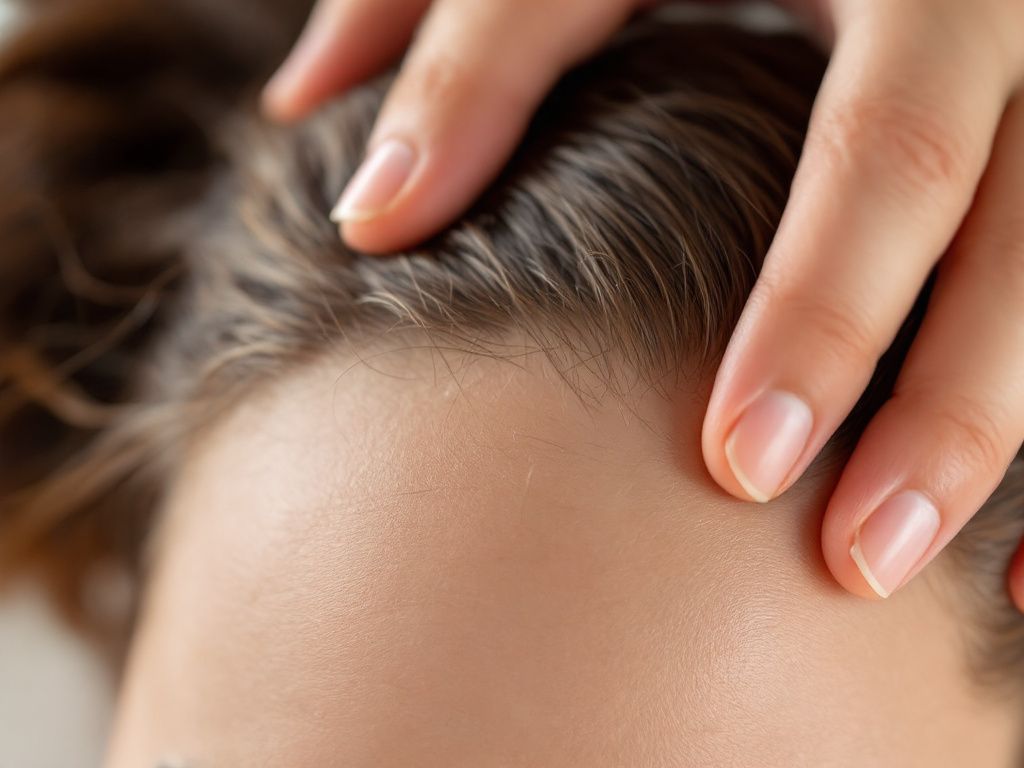![[Black Seed Oil Facts] What Science Really Says About Its Power](https://mohajba.com/wp-content/uploads/2025/04/black_seed_oil_benefits_feature-770x470.jpg)
In a world brimming with traditional remedies and herbal concoctions, black seed oil, often referred to as “the cure for everything but death,” as cited by an Islamic tradition, stands out as a particularly fascinating subject. Known by its scientific name, *Nigella sativa*, this oil has been celebrated in myriad cultural contexts for centuries. But what does modern science say about its supposed powers? Is it just a placebo, or does it have verifiable benefits that merit its exalted reputation?
Understanding Black Seed Oil: A Primer
Black seed oil is derived from the seeds of *Nigella sativa*, a flowering plant native to Southwest Asia. Known within Arabic regions as “habb al-barakah,” or the blessed seed, it has found its way into traditional ingredient lists, especially within Middle Eastern and Ayurvedic medicine. These seeds are commonly used for their supposed health-enhancing properties, often as a means to bolster immunity and fortify skin health. Black seed oil contains thymoquinone, an active ingredient that has been the focus of numerous studies due to its potent antioxidant effects.
The Science Behind Its Efficacy
Antioxidant and Anti-inflammatory Properties
Black seed oil is rich in thymoquinone, a potent antioxidant that helps neutralize harmful free radicals in the body. A 2016 study published in the *Journal of Basic and Clinical Physiology and Pharmacology* found that thymoquinone plays a significant role in reducing oxidative stress, which is linked to various chronic diseases, such as cancer and heart disease. Furthermore, its anti-inflammatory properties can help alleviate conditions like arthritis and asthma by decreasing swelling and restoring normal function to affected tissues.
Researchers have observed these effects in both in vitro studies and in vivo models. For example, a study cited in the *National Center for Biotechnology Information* clearly demonstrated the ability of thymoquinone to reduce inflammation markers in rodent models, offering a hopeful prospect for extending these benefits to human subjects.

Immune System Support
Historically acclaimed for boosting the immune system, black seed oil benefits have been validated by recent research. By enhancing the body’s overall immunity, it reduces the likelihood of infections. This effect is partially attributed to its capacity to influence various immune responses, as identified in a study in the *Indian Journal of Physiology and Pharmacology*.
Additionally, black seed oil can enhance the production of immune cells, therefore aiding in pathogen defense. A 2014 review in the *Journal of Ethnopharmacology* highlighted its efficacy in modulating immune function, suggesting potential utility in managing autoimmune disorders.
Real-World Applications: Where Black Seed Oil Shines
Skincare Benefits and Applications
Given its rich vitamin content, including vitamins A, B, and C, plus minerals like calcium and potassium, black seed oil is a compelling inclusion in skincare routines. It is particularly beneficial in treating ailments like eczema, acne, and psoriasis. This is mainly due to its ability to reduce irritation and rebuild the protective skin barrier. A case study published in *Dermatologic Therapy* demonstrated improved skin hydration and reduced lesion size in psoriasis patients following topical application of black seed oil.
Moreover, the use of black seed oil in Islamic skincare traditions has often been rooted in holistic principles, focusing not just on the skin’s outer look but on overall balance and healing. 🧴
Supporting Respiratory Health

Black seed oil’s reputation extends to respiratory health as well. It’s known to have bronchodilatory effects, making it useful in conditions like asthma, bronchitis, and seasonal allergies. Thymoquinone’s anti-inflammatory properties might help widen constricted airways and ease breathing difficulties.
In a 2013 randomized clinical trial published in *Pulmonary Pharmacology & Therapeutics*, asthmatic patients treated with black seed oil showed significant improvement in clinical and lab markers indicative of better lung function. In practice, integrating black seed oil capsules into the patient’s diet was advised as a complementary therapy to conventional treatments.
Industry Standards and Considerations
Quality Assurance in the Marketplace
With its growing popularity, the black seed oil market has experienced a surge in products ranging widely in quality. To ensure efficacy, buyers should seek oils certified for purity, typically guaranteed by third-party testing bodies. For successful application in therapeutic settings, oils should contain a high concentration of thymoquinone, often noted on the label. This ensures consistent efficacy across diverse health applications.
Integrating Black Seed Oil in Complementary Therapies
Today’s holistic health practitioners often incorporate black seed oil into integrated treatment plans. For instance, naturopaths might combine its use with other established conventional techniques for a synergistic approach, appealing to patients seeking non-invasive treatment options. Discussing these approaches, a whitepaper from the *Global Insights for Herbal Medicine* underscores the combination of black seed oil with dietary management and lifestyle changes for effective health optimization.
Actionable Tips: Making the Most of Black Seed Oil

- Choose Wisely: Always opt for organic, cold-pressed, extra virgin oils to maximize antioxidant content and retain the beneficial properties.
- Dosage Considerations: Common dosages range from one teaspoon per day for general health maintenance to up to three teaspoons daily for therapeutic effects. However, specific medical advice should always guide usage.
- Incorporation Into Diet: Mix into smoothies, salad dressings, or teas for a palatable yet potent consumption method.
- Topical Application: For skin conditions, dilute black seed oil with a carrier oil, such as coconut or jojoba, and apply to affected areas twice daily.
- 5. **Monitor and Report Outcomes: Keeping a health diary to track any changes observed post-consumption can provide valuable feedback and facilitate discussions with healthcare providers about its effectiveness.
Conclusion: What The Future Holds for Black Seed Oil
While the strides made in black seed oil research highlight significant potentials, ongoing studies continue to unearth new benefits and applications. Recognizing the traditional ingredients that marshaled its enduring presence over centuries, coupled with rigorously scientific validation, black seed oil could indeed fulfill its promise as a versatile and powerful natural remedy. As health seekers and professionals alike turn to ancient wisdom supported by scientific evidence, it becomes increasingly pivotal to merge tradition with technological advances for comprehensive wellness solutions.
In summary, black seed oil stands at the confluence of historical significance and scientific rigor. This makes it a valuable subject of ongoing exploration, offering potential for enhanced wellness that is both significant for societal health narratives and supported by concrete evidence. 🌿
Frequently Asked Questions
What are the benefits of using a hair mask in my hair care routine?
Using a hair mask can provide several benefits, including hydration, smoothing, strengthening, curl definition, heat protection, and damage repair. Hair masks infuse the hair with moisture, help coat the hair shaft to seal split ends, reduce breakage, and protect the hair from heat styling and environmental damage[1][4].
What ingredients should I look for in a hair mask?
Effective hair masks often include ingredients such as coconut oil, argan oil, shea butter, honey, avocado oil, green tea, and coconut water. These ingredients provide nourishment, moisturize, and protect the hair, offering benefits like softening, moisturizing, and protecting against damage[2][5].
How often should I use a hair mask in my routine?
You should use a hair mask whenever your hair feels dry, unmanageable, or in need of intense hydration. This can vary depending on your hair type and needs, but generally, using a hair mask once or twice a week can help maintain healthy and moisturized hair[1][4].
How do I apply a hair mask for the best results?
To apply a hair mask effectively, shampoo your hair first, then apply the mask, focusing especially on the ends where hair tends to be the most damaged. Leave the mask on for anywhere from 10 minutes to overnight, depending on the type of mask and your hair’s needs[1][4].
References






